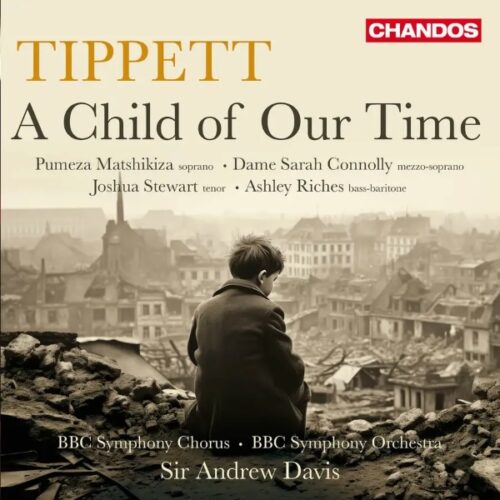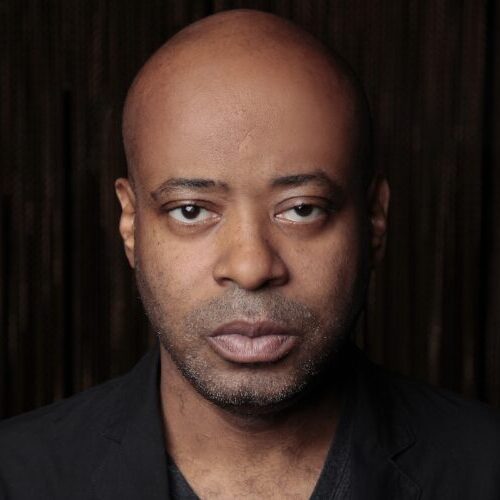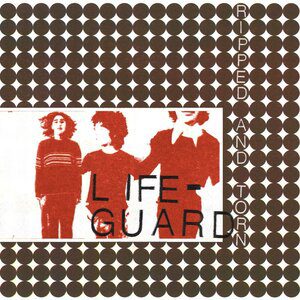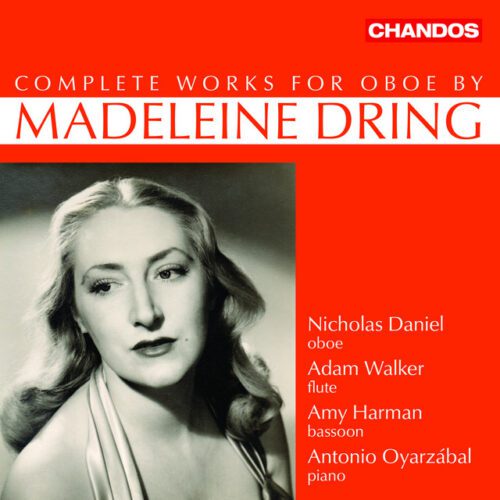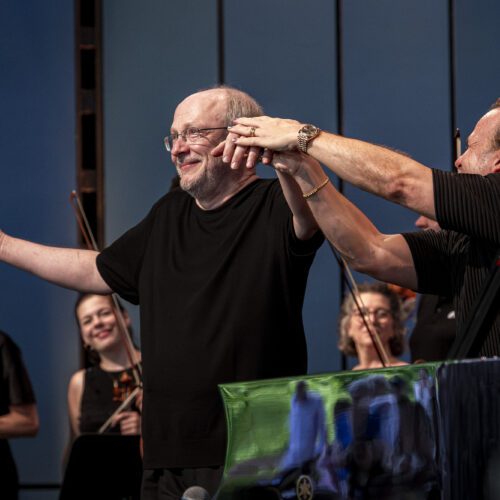Among the last discs left to us by the late Sir Andrew Davis, former conductor of the Toronto Symphony Orchestra, who died suddenly last April, British composer Michael Tippett’s first oratorio, A Child of Our Time, is disturbingly timely. A pacifist composer and conscientious objector, Tippett himself wrote the libretto for this oratorio after being deeply affected by two key events of the late 1930s: the assassination of a German diplomat by a young Jewish refugee in Paris in reaction to the suffering endured by his own people, and the Nazi government’s response in the form of one of the largest and most savage pogroms of the time, the Kristallnacht. In this work, Tippett highlights the theme of social persecution and the resilience of the human spirit, and questions the light and shadow in all of us. Its three-part structure for choir, orchestra and four soloists recalls Handel’s Messiah, while the arrangement of movements, alternating orchestral moments, aria, meditative chorales and choruses commenting on the action, evokes Bach’s passions. It’s hard not to be drawn in by choruses such as “Now in each nation there were some cast out”, “We cannot have them in our Empire”, or aria like “My dreams are all shattered”.
The musical language and extremely varied aesthetic are reminiscent at times of Ralph Vaughan Williams, with lyrical lines that evolve into complex harmonies and dissonant chords. As with the Bach chorales interspersed in his oratorios, Tippett introduces not Lutheran chorales, but arrangements of African-American spirituals (Steal Away; Nobody knows the trouble I see; Go Down Moses; O! By and By), which he considered to have universal appeal. The result is a poignant, introspective account of our humanity, our contradictions and the state of our own contemporary world.
